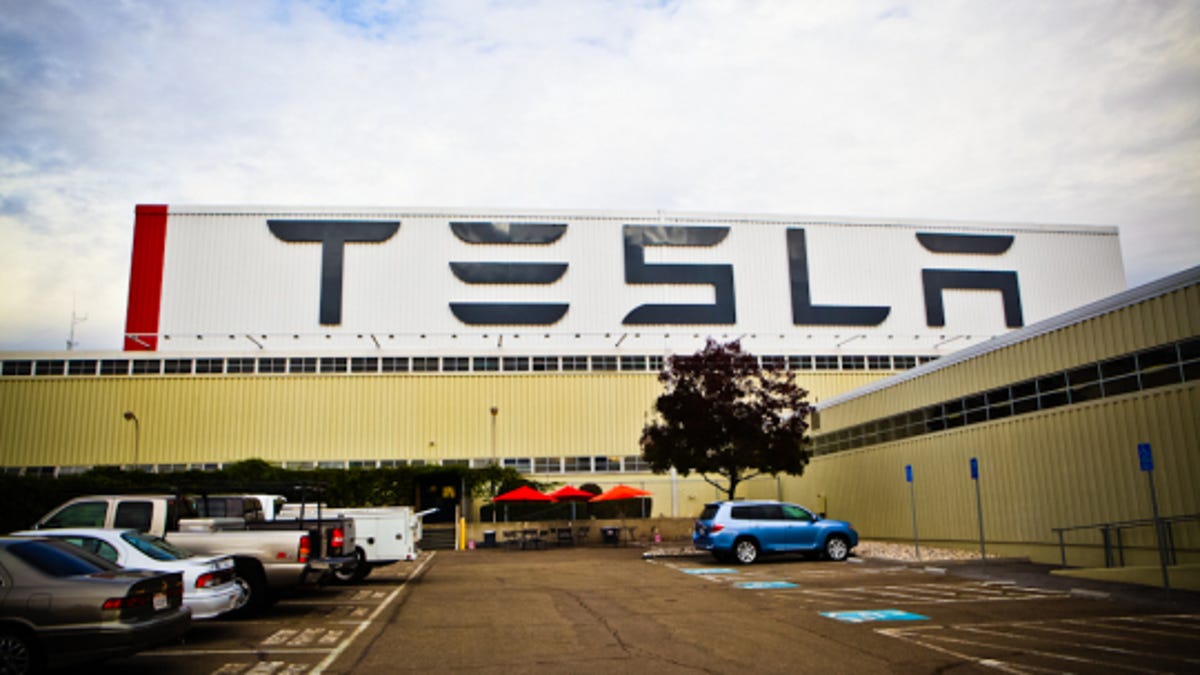Tesla ordered to pay $137 million in discrimination lawsuit
A Black former employee alleged he was subjected to racial epithets and derogatory graffiti and told to "go back to Africa."

Tesla's factory in Fremont, California.
Tesla has been ordered to pay nearly $137 million in damages in a lawsuit that alleged a Black former employee was subjected to racist abuse, discrimination and harassment at the company's production facility in Fremont, California.
The jury in the San Francisco federal court on Monday awarded the judgment to Owen Diaz, an elevator operator who worked for the company between June 2015 and May 2016, according to Bloomberg, which earlier reported on the verdict.
Diaz alleged in his 2017 lawsuit that during his time at Tesla, he encountered a scene "straight from the Jim Crow era," in which he was subjected to racial slurs and told to "go back to Africa." Diaz's lawsuit alleged that Tesla employees drew swastikas, left racist graffiti and scratched derogatory drawings of Black children around the plant. He contended that supervisors failed to stop the abuse.
"Tesla's progressive image was a façade papering over its regressive, demeaning treatment of African-American employees," the lawsuit said.
Diaz was awarded $130 million in punitive damages and $6.9 million for emotional distress, according to Bloomberg.
"It took four long years to get to this point," Diaz told The New York Times. "It's like a big weight has been pulled off my shoulders."
"It's a great thing when one of the richest corporations in America has to have a reckoning of the abhorrent conditions at its factory for Black people," Lawrence Organ, of the California Civil Rights Law Group, told the Times.
Tesla didn't immediately respond to a request for comment, but Valerie Capers Workman, Tesla's vice president of people, published a blog post that appeared to downplay the allegations in Diaz's lawsuit.
"In addition to Mr. Diaz, three other witnesses (all non-Tesla contract employees) testified at trial that they regularly heard racial slurs (including the N-word) on the Fremont factory floor," Workman wrote. "While they all agreed that the use of the N-word was not appropriate in the workplace, they also agreed that most of the time they thought the language was used in a 'friendly' manner and usually by African-American colleagues."
The carmaker "strongly" believes the facts don't justify the verdict, Workman wrote, but acknowledges that the company was "not perfect" in 2015 and 2016. "We're still not perfect," she added. "But we have come a long way."

